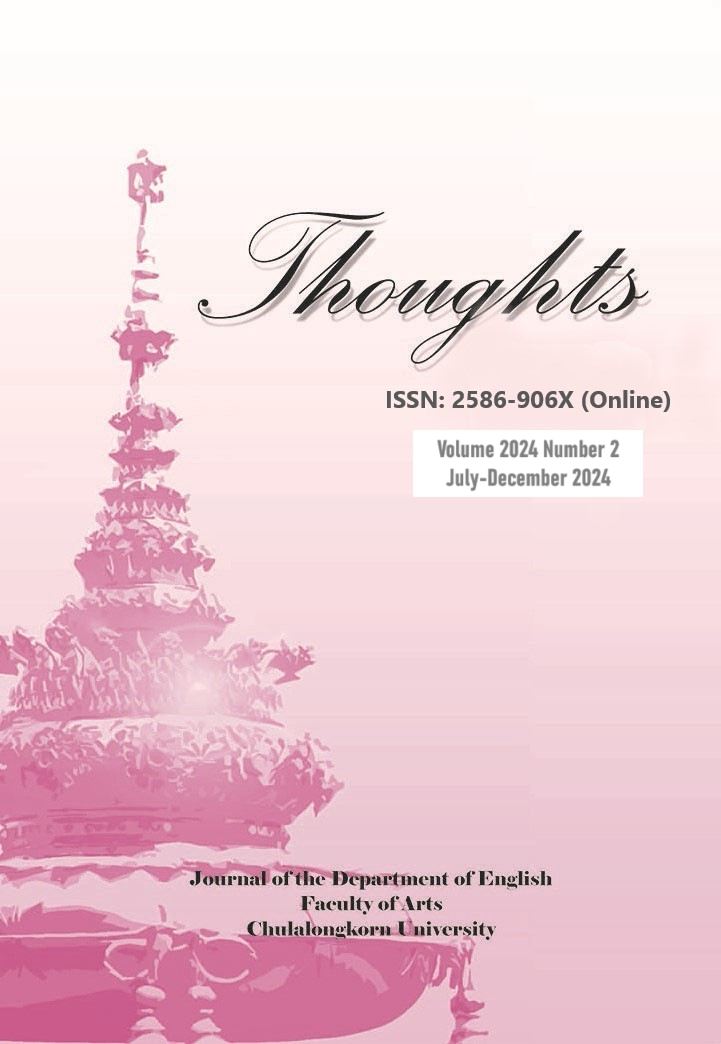Guidelines on the Use of Generative AI in Academic Writing
2025-03-07
To maintain the integrity and academic rigor of Thoughts, we have established clear guidelines regarding the use of AI. Starting from now, authors must transparently disclose any AI assistance in the research or writing process.
Guidelines on the Use of Generative AI in Academic Writing 1. General PrinciplesGenerative AI, such as ChatGPT, can assist with language editing but should not replace an author’s intellectual contribution. Authors must ensure their work maintains academic integrity, transparency, and adherence to ethical standards.
2. Permissible Uses- Language Enhancement: AI tools may assist in grammar correction and readability improvements. Disclosure is not required for minor language adjustments.
- Data Processing: AI may support data analysis but should not generate research findings or conclusions.
- AI-generated content must not replace original analysis, argumentation, or scholarly insight.
- AI should not be credited as an author, as it cannot take responsibility for academic work.
- AI-generated text, images, or data that cannot be independently verified must not be included in submissions.
If AI-assisted technologies were used beyond language editing (e.g., data interpretation, idea generation), authors must disclose their usage in the methodology or acknowledgments section.
5. Ethical and Intellectual Property Concerns- Authors are responsible for verifying AI-generated content to prevent inaccuracies, biases, or ethical breaches.
- AI should not be used to input or process confidential data.
Failure to comply with these guidelines may result in manuscript rejection or retraction.

